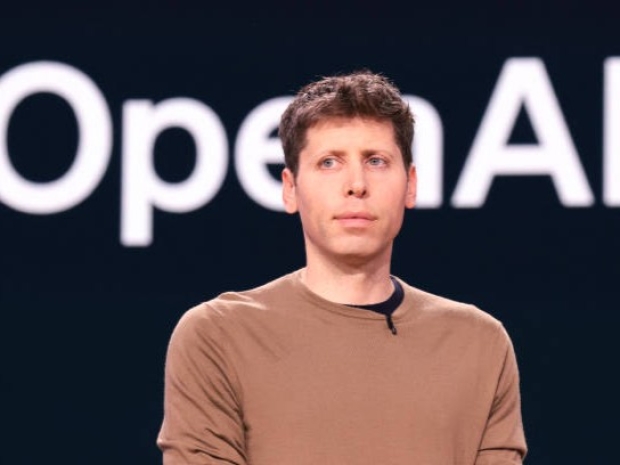The software king of the world Microsoft will own 27 per cent of the for-profit outfit while OpenAI’s nonprofit parent trousers a stake worth $130 billion with scope to grow as the valuation fattens.
The move ends months of argy-bargy with California and Delaware attorneys general and nervy philanthropists who wondered if OpenAI could keep its halo while acting like a normal company.
The new shape is designed to make fundraising and hiring less painful and, crucially, to remove a roadblock to an initial public offering.
OpenAI still faces lawsuits from Elon Musk’s xAI and others griping about mission drift, but the market cheered anyway as Microsoft shares rose about 1.98 per cent on Tuesday.
KeyBanc Capital Markets, analyst, Jackson E. Ader said: “When Microsoft made some of the initial investments, you had no clue just how large and powerful OpenAI was going to be in the software and AI ecosystem. OpenAI wanted to spread its wings eventually. It was natural.”
Under the deal, Microsoft gets exclusive intellectual-property rights to OpenAI tech until 2032. OpenAI will also buy an extra $250 billion of Azure capacity, though Redmond loses its right of first refusal as compute supplier.
The nonprofit parent will be rebadged as the OpenAI Foundation and will commit an initial $25 billion to healthcare and AI resilience, on top of a $50 million fund for nonprofits announced earlier this year. The company said some terms shifted after chats with the California and Delaware AG offices.
The conversion mattered because some investors could have walked away from commitments if OpenAI missed a year-end deadline to change structure.
Talk of a switch gathered pace after the late-2023 board bust-up that briefly defenestrated chief executive Sam Altman before hauling him back.
Previously, investors such as Microsoft did not own equity. They held profit-participation rights capped at 100 times the initial investment, with any extra cream destined for the nonprofit.
Top vole Satya Nadella said the company remains a platform player with multiple model partners and its own world-class AI chops.
“My mindset is all platform. I’m happy with OpenAI. I would love to have Anthropic, [Microsoft AI], Grok—anyone. If Google wants to put Gemini on Azure, please do so.”
The pair’s relationship has swung from cosy to combative. They recently reached a tentative extension while Microsoft builds its Copilot stack, taps Anthropic models in 365, and develops its own family of models, as OpenAI diversifies its cloud beyond Azure.
At one stage the froideur got so testy that OpenAI weighed an antitrust run at the contract. The Journal reckoned in October 2024 that Microsoft’s $13.75 billion since 2019 had almost 10-xed on paper.
Nadella is clearing parts of his diary to babysit AI and data-centre build-outs, which investors fret could be inflating a bubble as cheery OpenAI-adjacent headlines keep juicing stocks.
On four separate days in the past two months, Oracle, Nvidia, Advanced Micro Devices and Broadcom shares leapt after OpenAI-related deal news, adding a combined $630 billion to their market value in the first trading session that followed.

